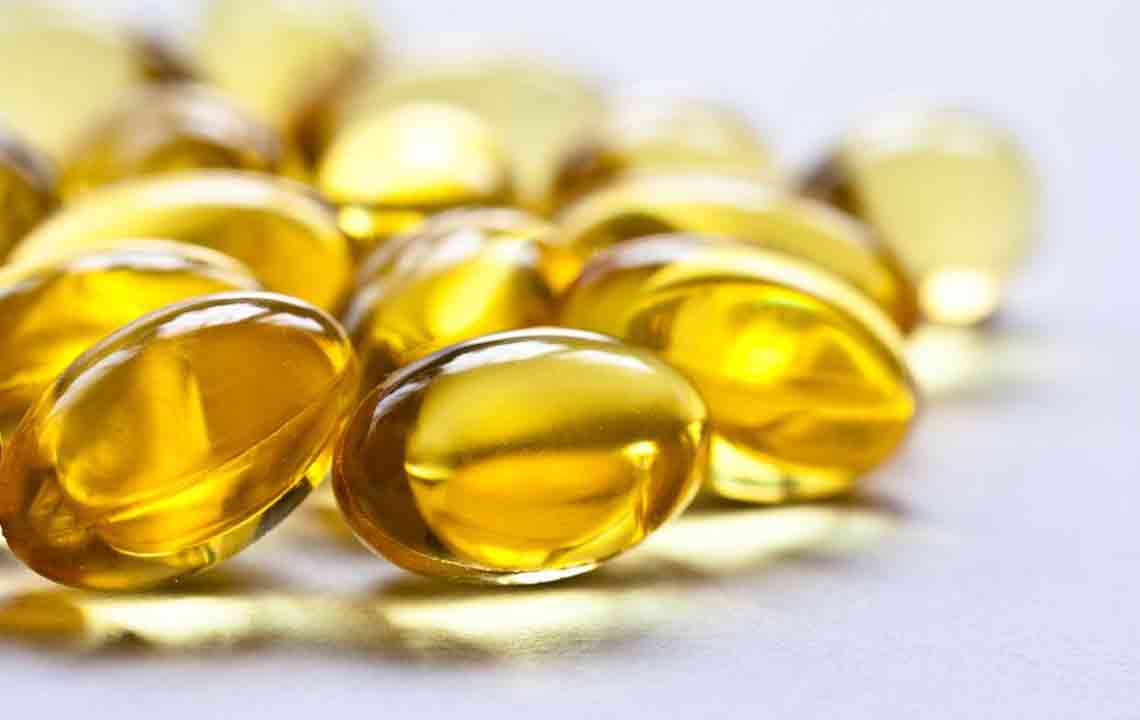Essential Nutrients for Managing Wet Age-Related Macular Degeneration
This article discusses vital nutrients for managing wet age-related macular degeneration (AMD). It highlights foods rich in vitamins A, C, E, lutein, zeaxanthin, omega-3 fatty acids, copper, and zinc, emphasizing their roles in supporting eye health and slowing AMD progression. Incorporating these nutrients through a balanced diet can benefit those at risk or affected by wet AMD. Always consult a healthcare professional for personalized advice.

Wet age-related macular degeneration (wet AMD) is characterized by abnormal blood vessels leaking fluid into the macula, leading to vision loss and blurriness. Incorporating key nutrients into your diet can support eye health and potentially slow disease progression. These nutrients are vital for eye function and protection.
Vitamins A, C, and E
These antioxidant vitamins support immune function and tissue repair. Vitamin A is crucial for maintaining clear vision, while vitamins C and E help heal tissue damage caused by environmental stressors. Including foods rich in these vitamins, such as carrots, fruits, nuts, eggs, and dairy, can reduce the risk of wet AMD.
Lutein and Zeaxanthin
Found in green leafy vegetables and egg yolks, these antioxidants help shield the macula from oxidative stress and slow degeneration. Regular intake of spinach, collard greens, and egg yolks can bolster macular protection.
Omega-3 Fatty Acids
Omega-3s like DHA, EPA, and ALA are essential for retinal health. Eating fatty fish like salmon, along with walnuts and canola oil, can enhance omega-3 intake, supporting eye structure and function.
Copper
In small amounts, copper plays a role in eye health by supporting tissue integrity. Consuming copper-rich foods such as oysters, sunflower seeds, and organ meats can contribute to preventive care.
Zinc
This trace mineral protects retinal cells from light damage and reduces inflammation. Red meats, beans, and sesame seeds are good sources to help slow AMD progression.
Disclaimer:
The information provided is for educational purposes and should not replace professional medical advice. Consult with healthcare providers before making significant dietary changes or supplement decisions. Our content offers insights based on current research but may not reflect all individual medical circumstances.








